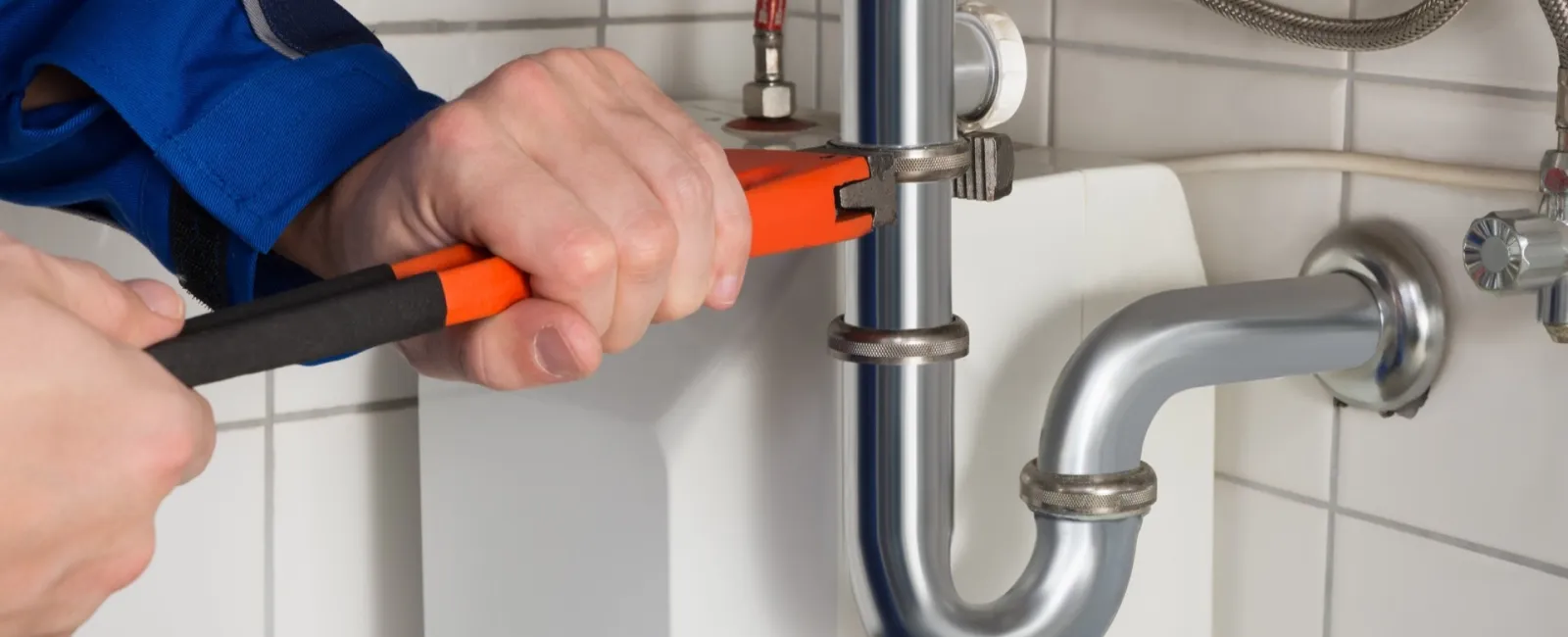Considering that Greater Atlanta winter temperatures average between 34° F and 37° F, recent single-digit temperatures have put residents into deep-freeze mode. But it's not just your fingers and toes that sense the frigid conditions. Freezing temperatures also could lead to frozen pipes.
Cause for concern
Water freezing inside the plumbing pipes is a problem for one specific reason: Water expands when it freezes, so it puts the pipes in a precarious position. As the water begins expanding, the pipes will succumb to the pressure and burst, sending gallons of water into your basement or crawl space.
In places like Atlanta, where many homes have pipes running through crawl spaces or attics that either don't have enough insulation or any insulation at all, the risk for frozen pipes increases.
When pipes burst
If you find yourself in the unenviable position of dealing with a burst pipe, it's best to call a plumber right away. Figure out where your home's main water-supply shutoff valve is. Then get there quickly and shut it off. This should cause the water to stop flowing out of the broken pipe. Once the plumber arrives, he or she will identify the problematic portion of pipe, assess the condition of the entire plumbing system and replace the pipes that have burst.
Before the problem gets worse
If you're lucky enough to notice the problem before it gets so bad that the pipes burst, you can take steps to thaw frozen pipes. Here's what you can do:
- Open the faucet. Doing so relieves pressure within the pipe and will perhaps prevent the pipes from cracking or splitting. As the frozen water begins to melt, water running through the pipes will help to slow the blockage.
- Use heat to melt the section of pipe. With a heating pad, hair dryer or portable heater, apply heat to the pipes. You can also moisten towels with hot water and wrap them around the pipes. Avoid using any type of heating component with an open flame, which can be hazardous.
- Stop when full pressure returns. You can tell that any blockages of ice have melted when the water running out of the faucets is normal and pressure isn't minimized.
- Check every faucet. If pressure isn't normal for other faucets in the home, repeat the steps here, following the plumbing pipes down to the basement or other area where they're accessible.
Even if you avoid having to deal with a burst pipe, it's best to have a plumber evaluate the entire system to ensure that the pipes are in good condition, and that the water didn't expand enough to cause damage. For expert plumbing advice or help dealing with plumbing problems, contact RooterPLUS! today.
Image source: Wikimedia Commons
